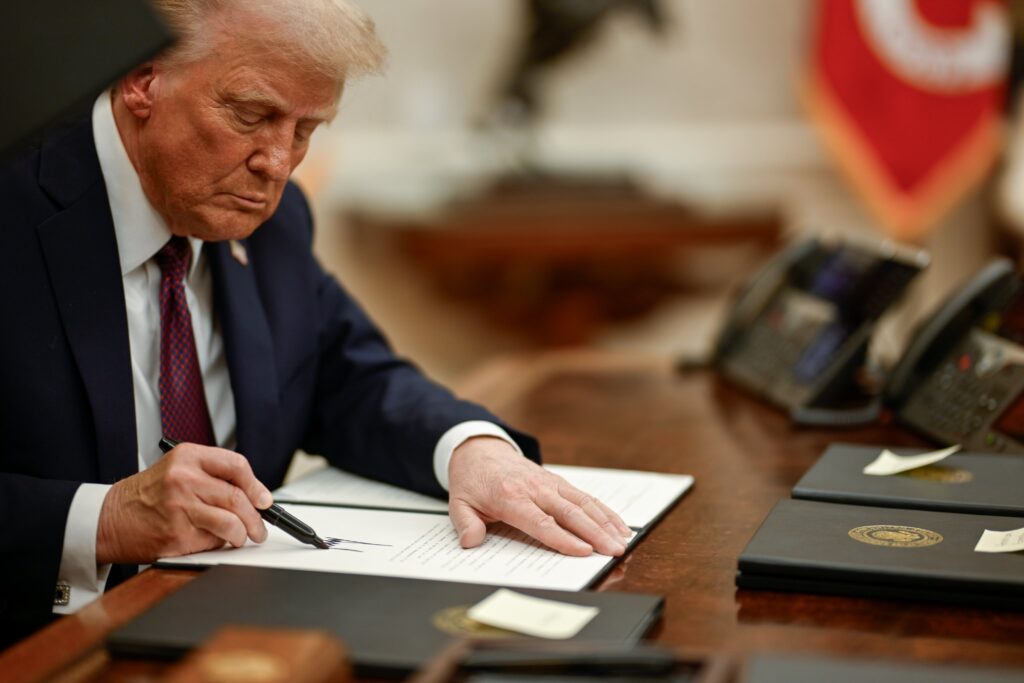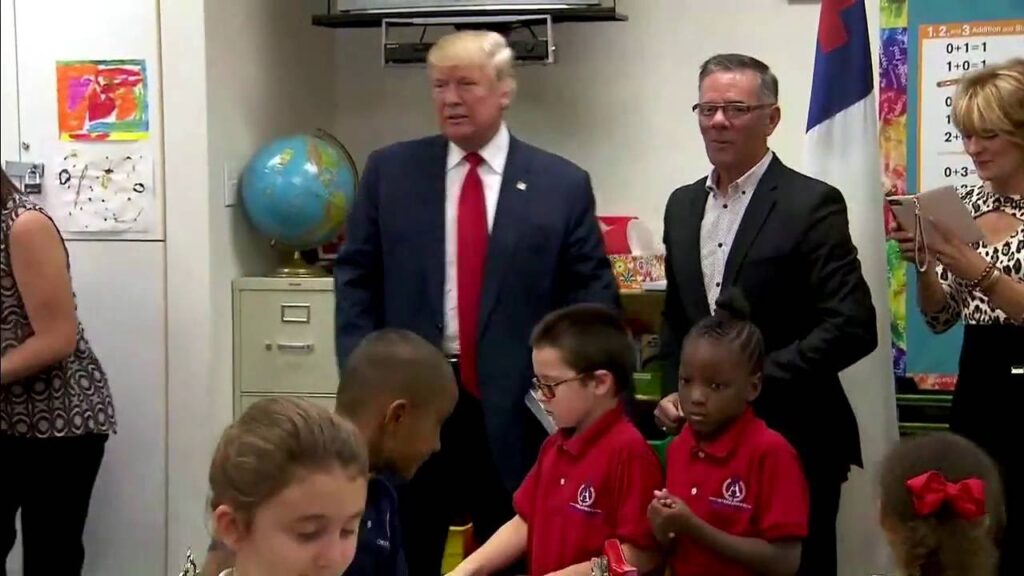The recent announcement from the Trump administration regarding the national suicide prevention hotline has ignited controversy, particularly within the LGBTQ community. The decision, which results in the closure of the dedicated support option for LGBTQ youth, has been defended by officials who argue the service endorses what they refer to as "radical gender ideology". Despite cutting this facet of the hotline, the administration maintains that the broader 988 Suicide & Crisis Lifeline will continue to operate and provide assistance to all callers.
Leaders from The Trevor Project, an organization closely involved with LGBTQ issues, have expressed vehement opposition to this funding cut, stating it poses a grave threat to vulnerable youth. "Suicide prevention is about people, not politics," asserted Jaymes Black, CEO of The Trevor Project, highlighting the critical need for tailored support for LGBTQ youth who are more than four times likely to contemplate suicide compared to their peers.
As the news coincides with international Pride Month, advocates fear the implications of this decision may exacerbate disconnection and mental health challenges among LGBTQ youth. The 988 Lifeline itself has previously indicated that LGBTQ individuals experience disproportionate levels of mental health struggles due to societal discrimination and violence.
While the Substance Abuse and Mental Health Services Administration (SAMHSA) claims the remaining services will cater to all individuals seeking help, critics note the omission of the "T" and "Q" identifiers in the acronym. This change follows a broader trend of policy adjustments under the Trump administration aimed at reducing support and acknowledgment of transgender rights, including the recent Supreme Court ruling approving certain state bans on transgender healthcare for minors.
The LGBTQ youth option was established due to legislative mandates requiring dedicated support for at-risk demographics, notably following evidence showing soaring suicide rates within these communities. However, with the proposed dissolution, many fear a regression in acknowledged needs for these marginalized groups.
Further emphasizing the urgency of maintaining specialized services, the Trevor Project reported over 231,000 crisis contacts by LGBTQ youth through the 988 Lifeline in the past year alone. Advocates argue diminishing these dedicated resources could drive many young individuals away from accessing the help they critically require.
The Biden administration and mental health advocates may choose to intervene to ensure these critical services remain available, reflecting ongoing tensions around LGBTQ rights under national discourse. As the situation develops, the broader implications for mental health support and the rights of LGBTQ youth in the US continue to shadow the announcement.

















